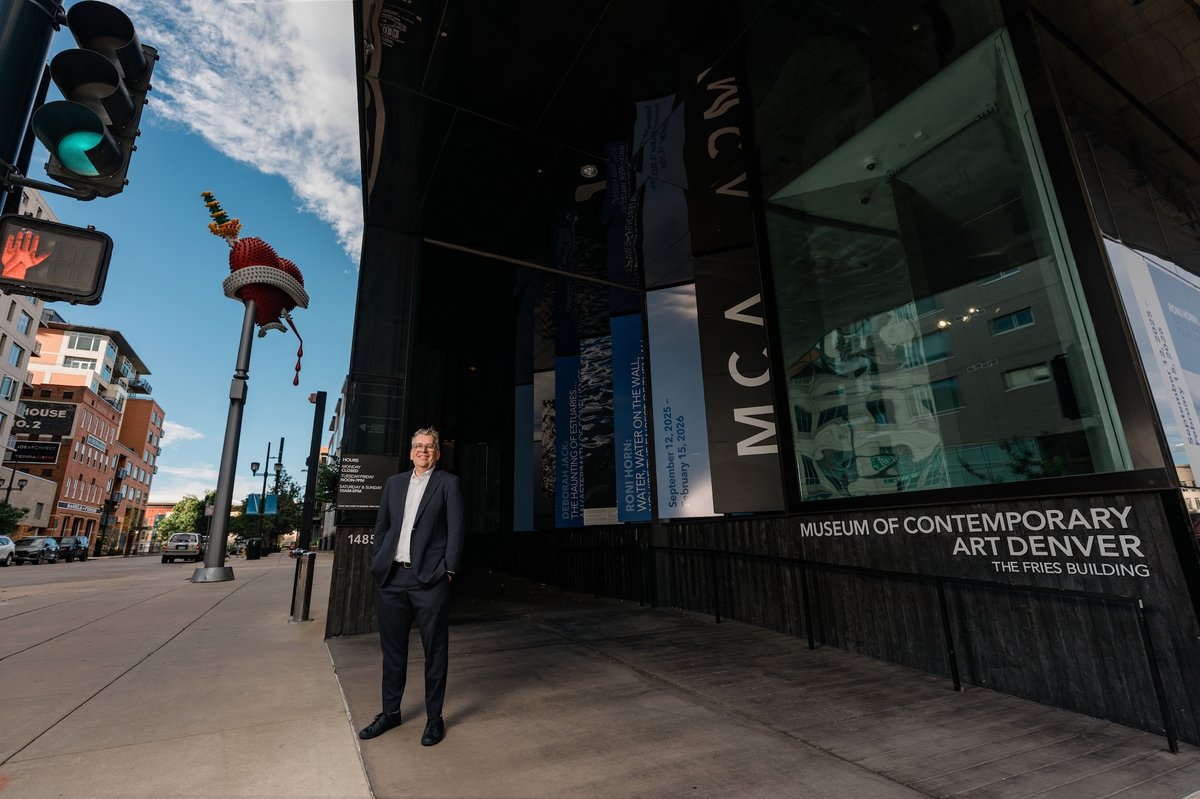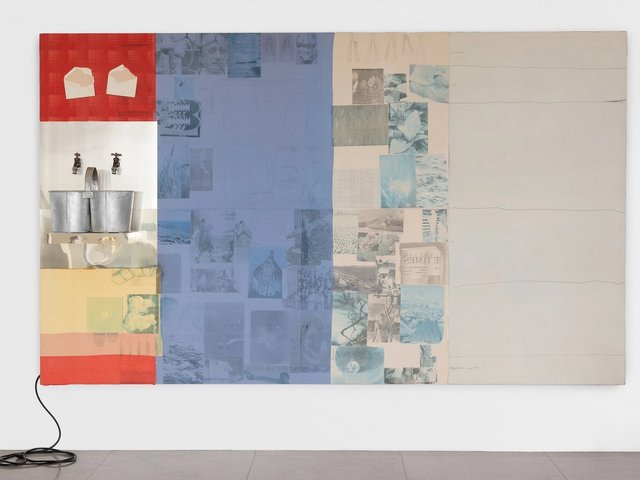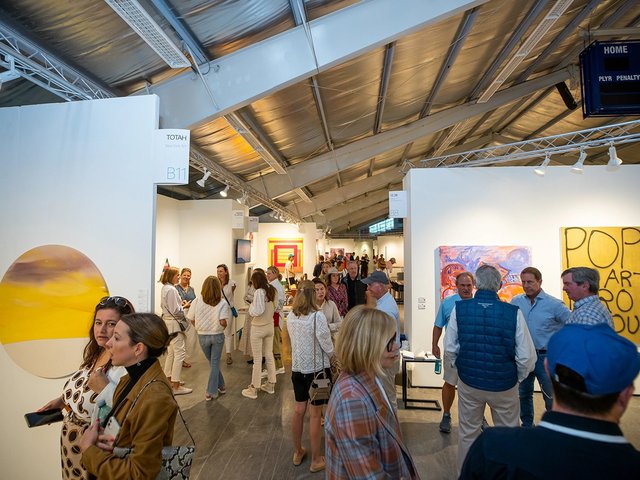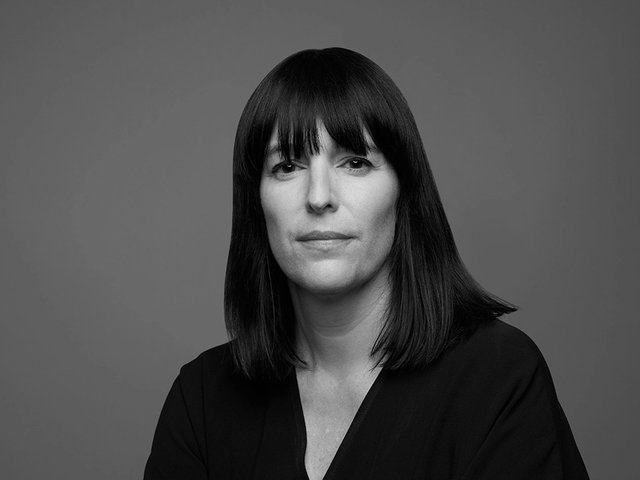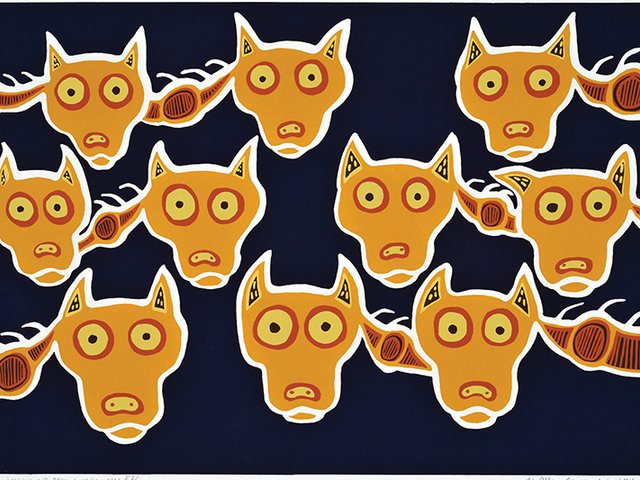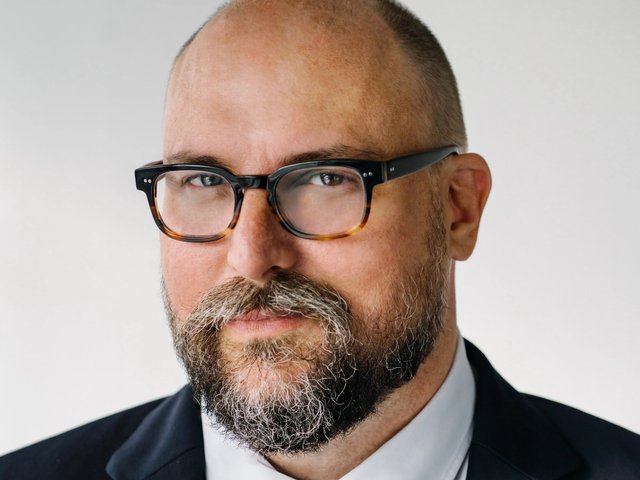The Museum of Contemporary Art (MCA) Denver has appointed Anthony Kiendl, a leader at several Canadian art institutions for around three decades, as its new director, beginning 1 December. He succeeds Nora Burnett Abrams, who was director of MCA Denver from 2019 until this May, when she took the helm of the Institute of Contemporary Art Boston.
Kiendl served most recently as the chief executive and executive director at the Vancouver Art Gallery (VAG). He was selected from more than 100 candidates in an international search and was the unanimous choice by the committee, according to MCA Denver board chair Steve Cohen.
“Denver has a growing, thriving, diverse population and it’s very important that the museum serve all the constituents in our local community,” Cohen says. “Anthony understood that and MCA Denver’s culture internally, which is one of collaboration.” The museum, which marks its 30th anniversary next year, has become recognised nationally for its curatorial rigour coupled with a playful, unconventional approach to programming.
“We’re quirky and we’re fun but we take art seriously and we need to make that all work,” Cohen says, noting Kiendl’s depth of curatorial experience. “The overlay on all that, which is incredibly important because of the realities of what’s going on economically and politically in the world today, we needed somebody who had exhibited strength in building membership, in bolstering attendance, in fundraising. Anthony has that combination of things.”
Kiendl, who is 57, stepped down from the VAG role in March after deciding together with its board not to move forward on a long-planned Herzog & de Meuron-designed building because of surging costs. During his five-year tenure there, beginning in the depths of the Covid-19 pandemic in 2020, Kiendl increased earned revenue, capital funding, admissions and membership as well as growing the permanent collection by more than 1,100 objects. He restructured the senior leadership team and instituted an Elder-in-Residence position and Indigenous Advisory Council that informed decision-making holistically across every aspect of the museum.
The MCA Denver appointment is Kiendl's first in the US. “Denver and Colorado at this moment is a very interesting place, with an influx of a lot of young people to the city, a very dynamic economy and the centrality of it allows one to have tentacles into other areas of the United States and even abroad,” Kiendl says. He was attracted as well to the incredible natural beauty of the landscape where the mountains meet the plains, similar to the geography of Winnipeg, in the Canadian Prairies, where he grew up.
Kiendl began his career as a practicing artist making multimedia installation and conceptual work after studying studio art and English. A grant-writing job at an artist-run centre in Saskatoon, Saskatchewan, led to curatorial opportunities. He has held leadership roles at the Banff Centre for the Arts and Creativity in Alberta, where he worked with more than 200 international artists annually; at the Plug In Institute of Contemporary Art in Winnipeg, where he oversaw construction of a new building; and at the MacKenzie Art Gallery in Regina, which has a large encyclopaedic collection.
From his earliest days as an artist, Kiendl says he has spent his career “searching for optimal ways for artists to present their work” and for visitors to discover it. MCA Denver is a nimble non-collecting organisation with a staff of 60, an operating budget of $5.7m and endowment of $4.7m. It owns its downtown building designed by David Adjaye, the Ghanaian British architect’s first US commission, completed in 2007. “I feel it’s uniquely positioned to be an unparalleled platform for the presentation of contemporary art,” Kiendl says, “and to create access to that art for a wide public.”


